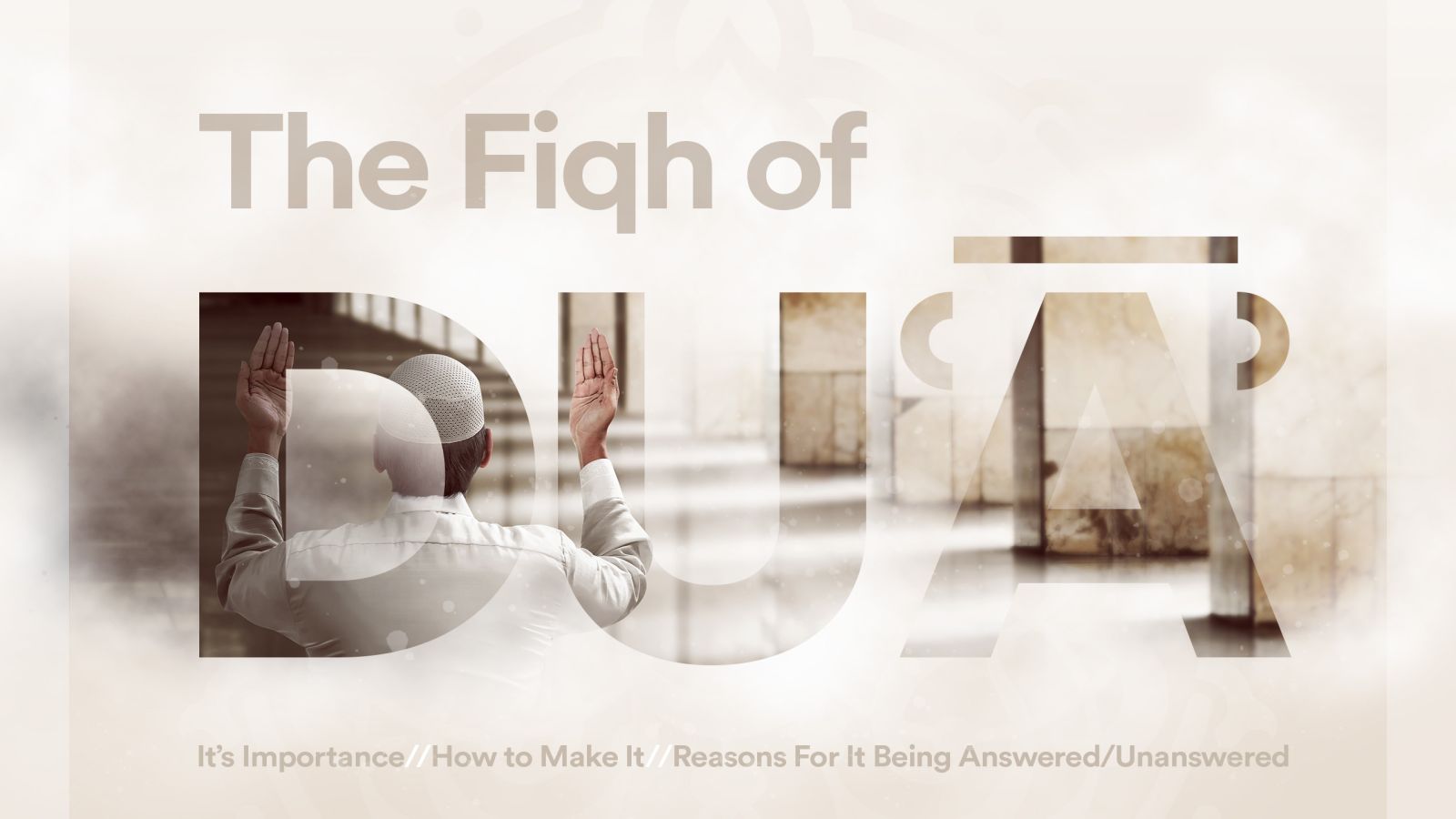Hope and Fear: The Two Wings of a Believer
Al-ʿAllāmah Aḥmad ibn Yaḥyá al-Najmī


The illustrious scholar, Shaykh Muḥammad ibn ʿAbd al-Wahhāb رحمه الله (d. AH 1206) states in his Kitāb al-Tawhīd:
أَفَأَمِنُوا مَكْرَ اللَّهِ فَلا يَأْمَنُ مَكْرَ اللَّهِ إِلا الْقَوْمُ الْخَاسِرُونَ
Did they then feel secure against the Plan of Allāh. None feels secure from the Plan of Allāh except the people who are the losers.
[Sūrah al-ʾArāf, 7:99]
The noble scholar, Shaykh al-ʿAllāmah Aḥmad ibn Yaḥyá al-Najmī رحمه الله (d. AH 1429) comments on this verse:
The people of knowledge mention that the servant is required to be in a state between hope and fear. The servant should neither feel safe against the plan of Allāh nor should he despair from the mercy of Allāh because both of these matters lead to destruction.
Moderation (between hope and fear) is the epitome of steadfastness. It is often said that the servant should possess both fear and hope like the two wings of a bird, if one of the wings were missing, the bird would be unable to fly.
It is also said, when the servant is in a state of safety and wellbeing, he should have more fear than hope. Likewise, when the servant is [gravely] ill—preparing to depart the worldly life—he should have more hope than fear. We also find the narration of the Prophet ﷺ that he once entered upon a young man on his deathbed and asked him: How do you feel? The young man replied, “By Allāh, O Messenger of Allāh, I have hope in Allāh and I fear for my sins”, The Messenger ﷺ replied, “never do these two feelings (of hope and fear) come together in the heart of a servant except that Allāh grants the servant that which he hopes for and saves him from that which he fears”.
Typically, feeling safe from the punishment of Allāh or despairing in the mercy of Allāh occurs when either (fear or hope) overcomes the other. So if extreme hope in the mercy of Allāh overcomes an individual so much so that he exits the path of moderation, then he is considered among those who feel safe against the plan of Allāh. This also indicates the individual’s lack of fear in Allāh which has caused him to fall into this plight. Allāh categorizes these people as losers, Allāh mentions:
أَفَأَمِنُوا مَكْرَ اللَّهِ فَلا يَأْمَنُ مَكْرَ اللَّهِ إِلا الْقَوْمُ الْخَاسِرُونَ
Did they then feel secure against the Plan of Allāh. None feels secure from the Plan of Allāh except the people who are the losers.
[Sūrah al-ʾAʿrāf, 7:99]
O’ Allāh! We seek refuge in you from feeling safe and secure against your plan.
On the other hand, if fear goes beyond the bounds of moderation and the servant reaches the point of hopelessness and despair, then this is also a calamity which leads to destruction. It is incumbent upon the servant to be moderate in both hope and fear. Fear should not overcome an individual to the point that he becomes hopeless in the mercy of Allāh nor should he be overcome with a feeling of safety and security against the plan of Allāh lest he becomes from the losers. We seek refuge in Allāh from this.
We also find in the ḥadīth of Ibn ʿAbbās that the Messenger of Allāh ﷺ was asked regarding the major sins, he replied, “associating partners with Allāh, despairing from the mercy of Allāh and feeling safe against the plan of Allāh”.
Associating partners with Allāh (shirk) is the greatest of all sins. Whoever commits major shirk will remain in the fire and he will be prohibited from ever entering paradise. Allāh mentions:
فَلَا تَدْعُ مَعَ الله إِلَهًا آَخَرَ فَتَكُونَ مِنَ الْمُعَذَّبِينَ
So invoke not with Allāh another deity lest you be among those who receive punishment.
[Sūrah al-Shuʿarāʾ, 26:213]
Similarly, Allāh addresses his Prophet ﷺ by stating:
وَلَقَدْ أُوحِيَ إِلَيْكَ وَإِلَى الَّذِينَ مِن قَبْلِكَ لَئِنْ أَشْرَكْتَ لَيَحْبَطَنَّ عَمَلُكَ وَلَتَكُونَنَّ مِنَ الْخَاسِرِينَ
And indeed it has been revealed to you (O’ Muhammad ﷺ), as it was to those (Allāh’s Messengers) before you: “If you join others in worship with Allāh, (then) surely (all) your deeds will be in vain, and you will certainly be among the losers.”
[Sūrah al-Zumar, 39:65]
Therefore, whoever commits major shirk is deserving of this threat.
Despairing from the mercy of Allāh causes an individual to foster bad thoughts about his Lord. It also intensifies fear (of Allāh’s wrath) and (as a result) one will have intense anxiety. The individual may have thought that his sins would not be forgiven, inevitably falling into an affair which is worse than his initial sins.
The third matter (mentioned in the ḥadīth above) is feeling safe against the plan of Allāh. This individual is overcome with feeling safe and secure and (as a result) he is negligent regarding the rights of his Lord and inevitably falls into matters which constitute the wrath of Allāh.
Therefore, if the servant notices that his sense of hope is overcoming his sense of fear, he should read the verses which mention the threats of Allāh [i.e. in order to increase his fear in the punishment of Allāh], and if the servant notices that his sense of fear is overcoming his sense of hope, he should read the texts which mention the promises [of reward].1
Endnotes:
- Source: شرح الموجز الممهد ص.٢٤٥-٢٤٧. Translated by: Munīb al-Ṣumālī

















